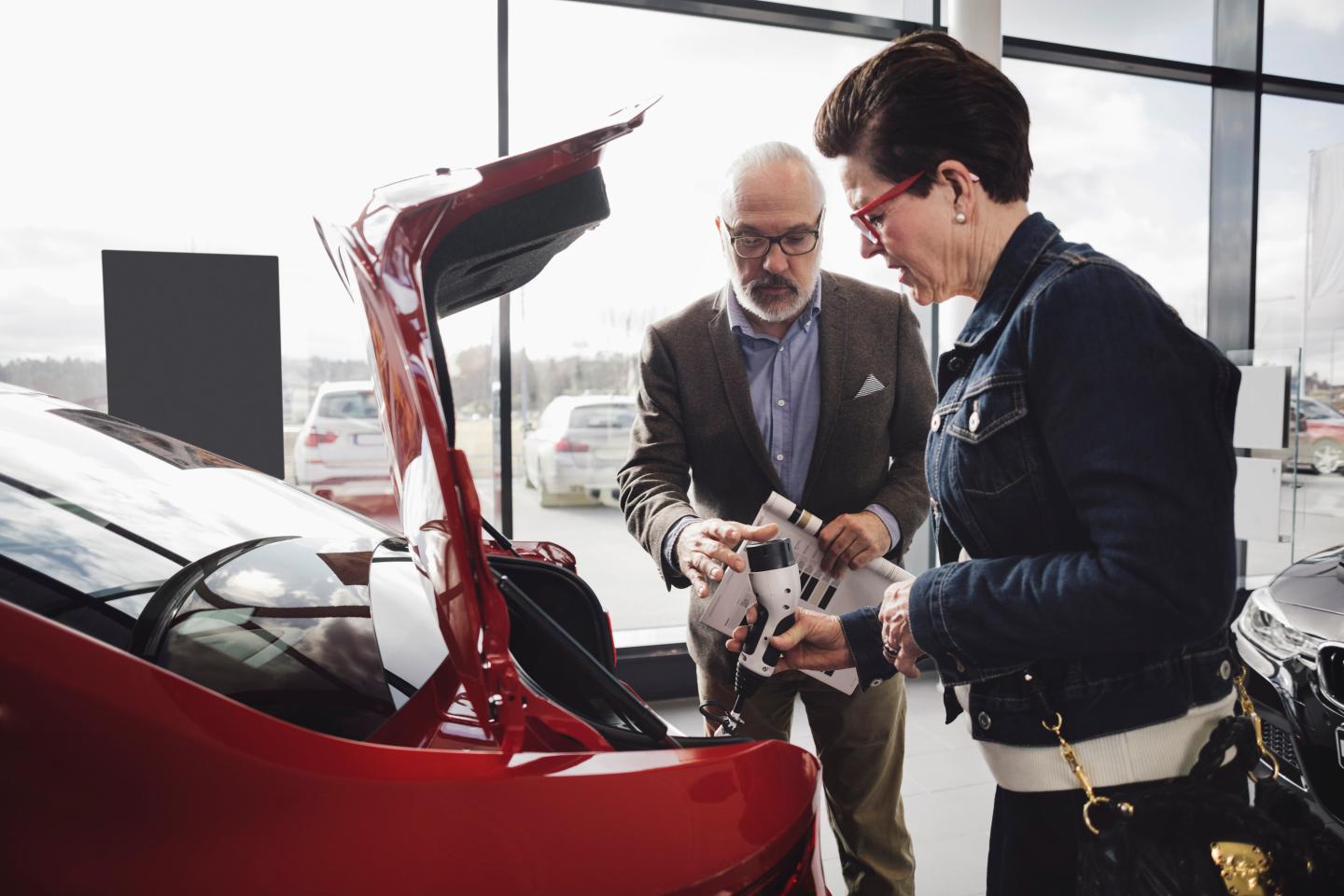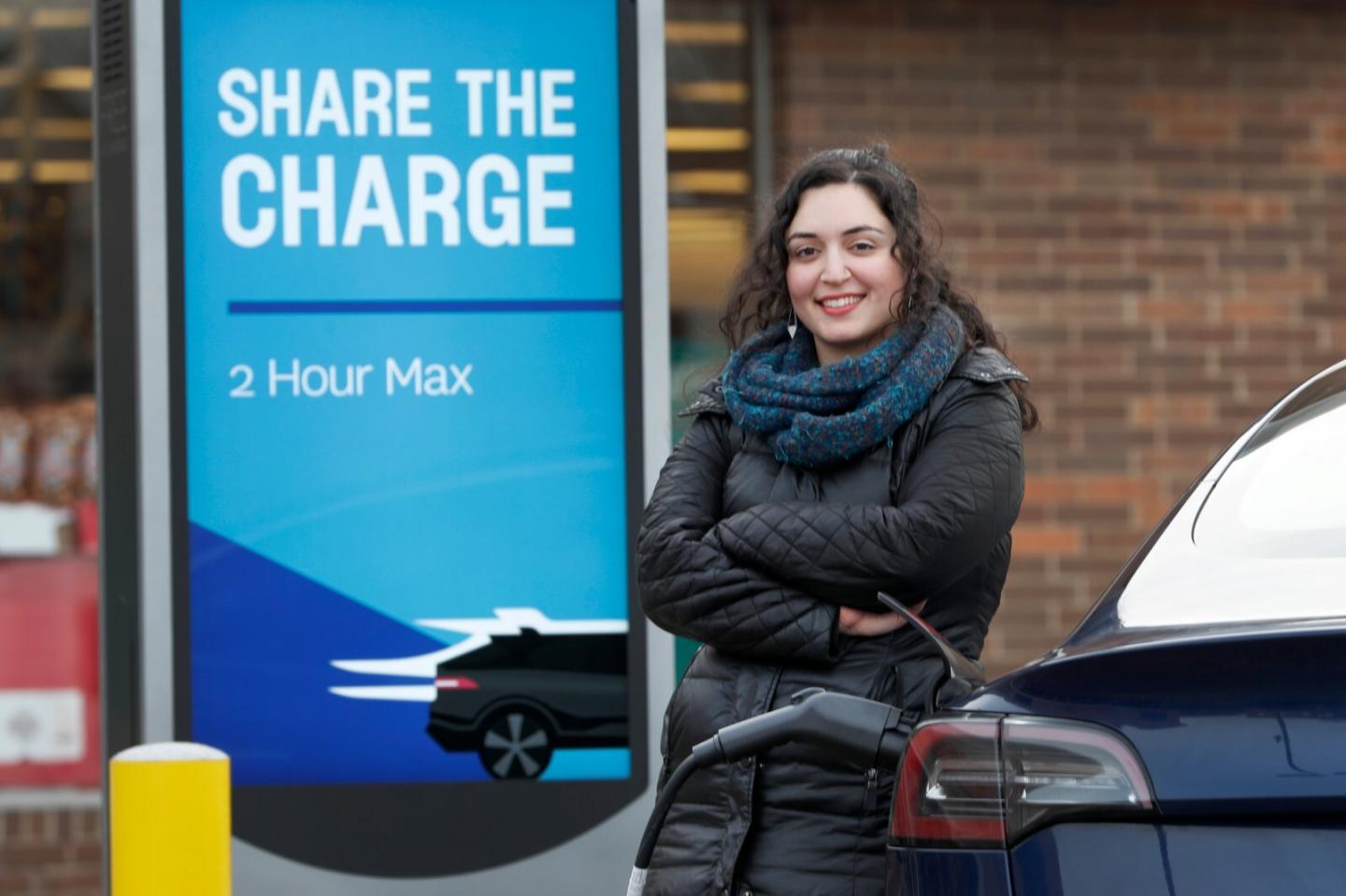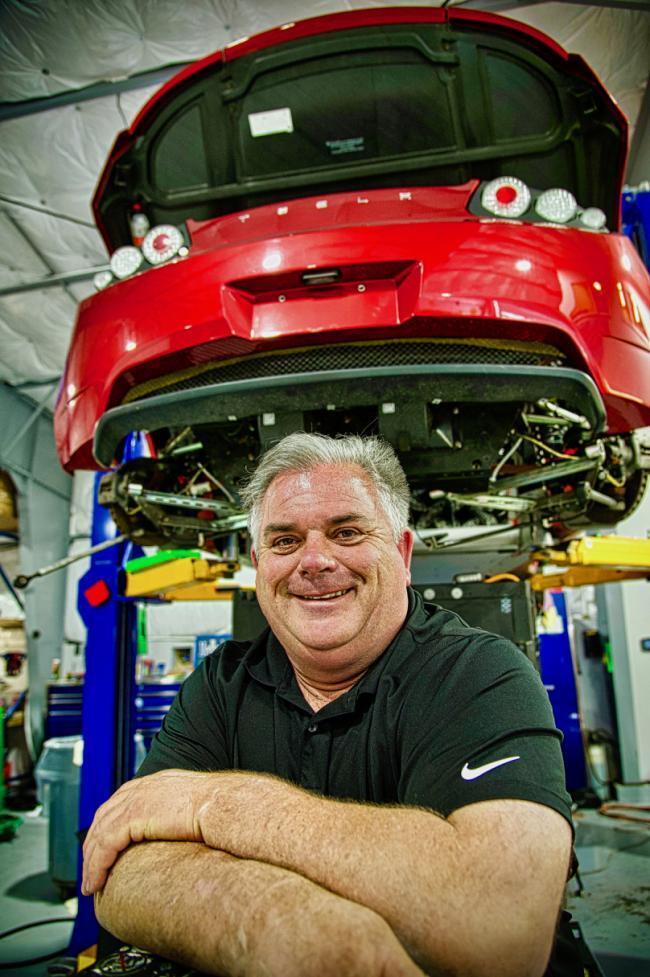“Do I qualify for a used EV tax credit?” and other questions to ask when buying a used electric car or truck
Thinking about buying a used electric car or truck? Now is a great time to buy.
There are more EVs to choose from. Prices are dropping fast. And public charging is expanding at a rapid clip.

Major money-saving opportunities are at hand, as well: First, a federal used-EV tax credit of up to $4,000 is available at time of purchase. (More on how that works, below.) State incentives could save you even more. In addition, you’ll likely save thousands of dollars on maintenance and fuel. All this while doing a good turn for the planet.
Buying a used EV is slightly different than buying a used gas-powered car. Here’s what you need to look for — and look out for — as you start to shop.
Ask yourself a bunch of EV-related questions
Anyone new to EVs should consider some key questions before buying: Where will you charge? How far do you generally drive and in what kind of environment? (This lineup of eight EV-related questions can help you get the skinny on EV ownership in general.)
The amount of driving you do on a regular basis is one thing to be particularly clear on, says Neda Deylami, a vehicle electrification manager at Environmental Defense Fund. “If most of your driving is just around town, consider whether you need a car that can go 300 miles on a single charge,” she explains.
Brush up on incentives for used EVs
Unfortunately, many dealers aren’t up-to-speed on incentive details, so it pays to suss out your options first. (Used car dealers that specialize in EVs are an exception. To date, there are close to a dozen of these in the U.S.)
To qualify for the federal tax credit of up to $4,000, you have to purchase a used EV through one of thousands of IRS-approved dealers nationwide. Generally, the dealerships are brick-and-mortar shops, though some online retailers, like the peer-to-peer used car marketplace Caramel, are also able to offer the incentive at time of sale.
Talk to EV drivers about their cars

Back in 2017, when Deylami was thinking about buying a used EV, she popped by local public charging stations to meet and talk with EV drivers. “People who own EVs are the best resources,” she says.
You can do this, too. (Don’t worry: EV drivers are used to it. “My mom, who has an EV, gets approached all the time with questions,” Deylami says.) You can also find drivers eager to talk at local, in-person EV expos and Drive Electric events all year round.
The internet can be your friend in this endeavor also. Reddit EV forums, YouTube reviewers, TikTokers and the like all have first-person wisdom to share about individual models and EV issues in general.
Check the health of the battery
Battery health is the most important thing you need to know about any used EV. While it’s not uncommon to buy used cars entirely online these days, EV experts recommend you take a test drive not only to learn how a car handles, but also to check the state of its battery. Most EVs have a dashboard display that shows how much battery mileage is available.

“Charge up the car to full and check out how much of the range is left,” says Carl Medlock, owner of Seattle’s Medlock & Sons, an independent EV repair service. “Then, compare it to the range the EV had originally.” (A quick internet search will fill you in).
If a full battery offers less than 85-90% of its original range, rule out that car, Deylami says.
Be aware that the EPA estimate, the manufacturer’s estimate and actual mileage may vary, just as they can with gas-powered cars.
Recurrent, a Seattle-based company working to speed EV adoption, offers free estimates of battery health, including range fluctuations for hot and cold weather. The estimates are based on data collected from almost 20,000 EVs that share battery information with the company. All you need to do is enter a car’s VIN number into the company’s online portal.
Also be sure that the level 1 charging cable that came standard with the car is included in the package. (A new one will cost you 100–200 bucks.)
Do a vehicle title check
Like all used-car buyers, you’ll want to know the history of the car you’re thinking about buying — not just its repair history but also whether it’s been in a major accident, been stolen, endured a flood or has been written off as “salvage.” A number of paid services and government agencies offer this information online.
Take the car to a mechanic for an inspection
Even though EVs have far fewer moving parts and therefore need much less maintenance and significantly fewer repairs, it still makes sense to take it to a mechanic for an inspection. “If someone won’t let you take their car to have it inspected, they’re hiding something,” Medlock says.
He recommends taking EVs to a dealer connected to the car’s brand. “When you work at a dealership, you get to know the issues a particular car has, way ahead of an independent shop,” Medlock says. “Independents don’t see the cars until they’re out of warranty.”
If it all checks out, enjoy your new EV! Swapping a gas-powered car for a used EV is one of the easiest and most cost-effective ways to trim your carbon footprint. Says Deylami, “I got my first EV seven years ago and I haven’t looked back.”


